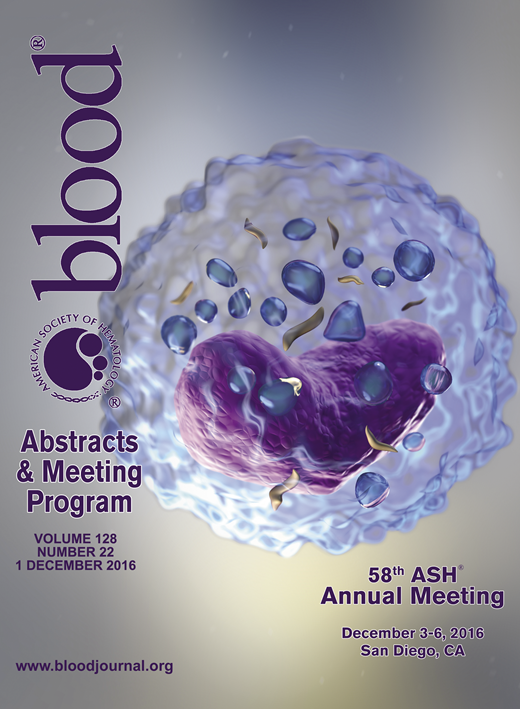Abstract
Introduction
Positron emission tomography/Computed tomography (PET/CT) imaging is utilized for initial staging and response assessment in aggressive non-Hodgkin lymphoma (NHL) but has been less useful for prognostic assessment. Metabolic tumor volume (MTV) is an objective measure calculated from PET/CT imaging that calculates the volume of active disease burden with demonstrated value in some forms of NHL. In particular, interim MTV has been shown to predict progression-free survival (PFS) in diffuse large B cell lymphoma (Yang et al. Annals of Hematology 2013) and in peripheral T-cell lymphoma (Jung et al. BMC Cancer 2015). We evaluated the prognostic impact of MTV in mantle cell lymphoma (MCL).
Methods
Patients with MCL who underwent autologous stem cell transplant (ASCT) in first remission at Emory who had available pre-treatment, post-induction/pre-transplant, or post-transplant PET/CT's were included. Basic demographic information and key clinical data were collected for each patient. MIM software was used to calculate MTV for all areas of active disease with a cut-off of SUV 4. Two additional predictors collected were Deauville score and total lesion glycolysis (TLG). Deauville score is a categorical scale from 1-5 assigned by a radiologist to estimate severity of disease frequently used in aggressive NHL and was calculated in all post-treatment studies. Zero was assigned for cases where incidental findings prevented application of the Deauville criteria but final impression was no active disease. TLG is a calculation of the total quantity of FDG consumed by the area of active disease. All images were reviewed by a nuclear medicine physician to assist with MTV/TLG assessment and to determine the Deauville score. Pre-treatment, pre-transplant, and post-transplant MTV were tested as independent predictors of overall survival (OS) and progression-free survival (PFS) using Cox proportional hazards models. Demographic and clinical variables were tested as well as Deauville score and TLG by the same means
Results
Forty patients with a combined total of 19 pre-treatment, 30 pre-transplant, and 30 post-transplant PET/CT scans were identified. Mean age at diagnosis was 58.9 (range 32-81), and 94.3% had stage III/IV disease. Mean MTV pre-treatment was 268 (range 0-3454). Following induction/pre-transplantation, 26 patients (87%) had MTV of 0 and 22 patients (73%) had Deauville score 0/1. Post-transplantation, 28 patients (93%) had MTV of 0 and 25 patients (83%) had Deauville score 0/1. Among demographic and clinical factors (Table 1 and 2), PFS was significantly associated with splenomegaly (HR = 3.87, p = 0.033), any lymph node >5cm (HR = 5.25, p = 0.003), and any lymph node >10cm (HR = 4.52, p = 0.041). OS was associated with age at diagnosis (HR = 0.88, p = 0.005). No particular cutoff value for pre-treatment MTV was found to define a statistically significant predictor of OS or PFS. Similarly, baseline TLG was not associated with PFS or OS. OS was significantly associated with post-transplant MTV (p = 0.043), post-transplant TLG (p = 0.043), and post-transplant Deauville score (p = 0.006). PFS was significantly associated with post-transplant Deauville score only (p < 0.001).
Conclusions
Study results give limited evidence that PET/CT images have predictive value for MCL patients post-transplant. MTV and TLG were 0 in 93% of post-transplant images, and Deauville was 0/1 in 83%. Still, post-transplant MTV, TLG, and Deauville score were associated with OS, and Deauville score was associated with PFS. While this study shows potential value in PET/CT images for MCL patients in the post-transplant period, it does not support the use of MTV or TLG over Deauville score.
Flowers:Millenium/Takeda: Research Funding; Roche: Consultancy, Research Funding; Pharmacyclics, LLC, an AbbVie Company: Research Funding; TG Therapeutics: Research Funding; Mayo Clinic: Research Funding; ECOG: Research Funding; AbbVie: Research Funding; Genentech: Consultancy, Research Funding; Infinity: Research Funding; Acerta: Research Funding; NIH: Research Funding; Gilead: Consultancy, Research Funding. Cohen:Bristol-Myers Squibb: Research Funding; Novartis: Consultancy, Membership on an entity's Board of Directors or advisory committees, Research Funding; Infinity: Consultancy, Membership on an entity's Board of Directors or advisory committees; Celgene: Consultancy, Membership on an entity's Board of Directors or advisory committees; Pharmacyclics: Consultancy, Membership on an entity's Board of Directors or advisory committees; Millennium/Takeda: Consultancy, Membership on an entity's Board of Directors or advisory committees, Research Funding; Seattle Genetics: Consultancy, Membership on an entity's Board of Directors or advisory committees, Research Funding.
Author notes
Asterisk with author names denotes non-ASH members.


